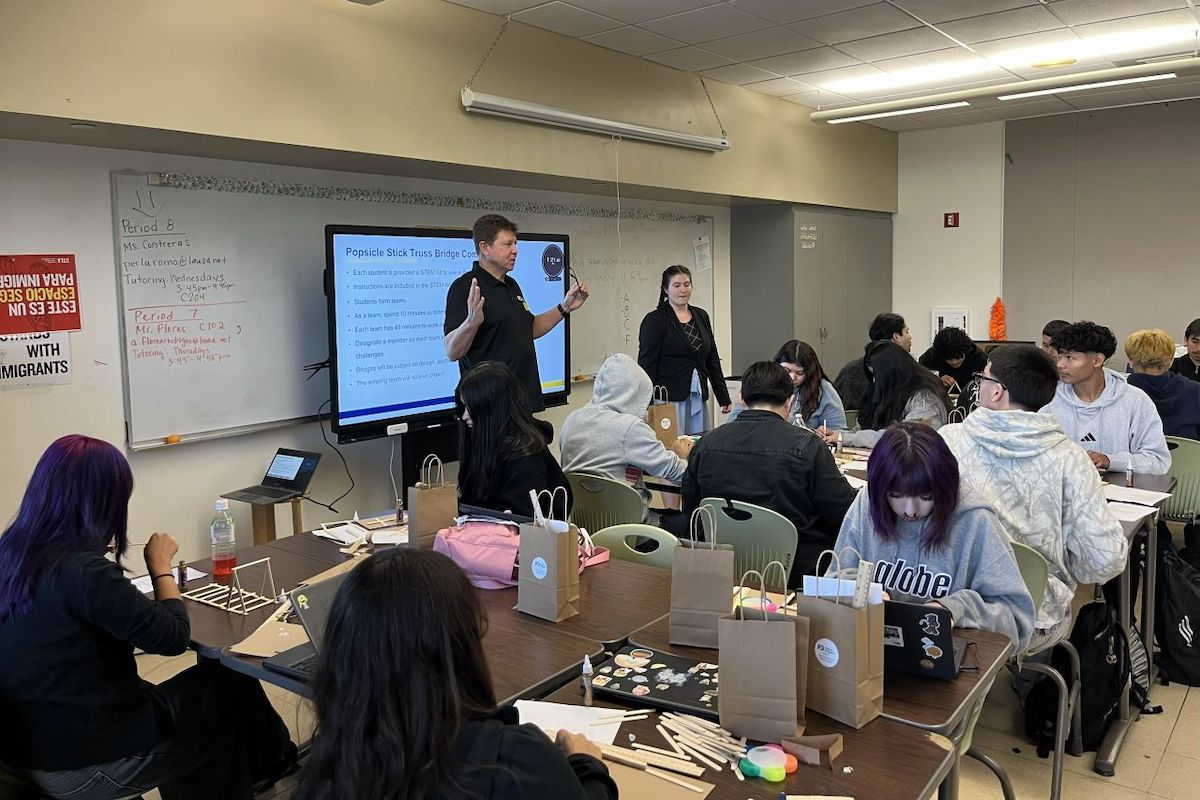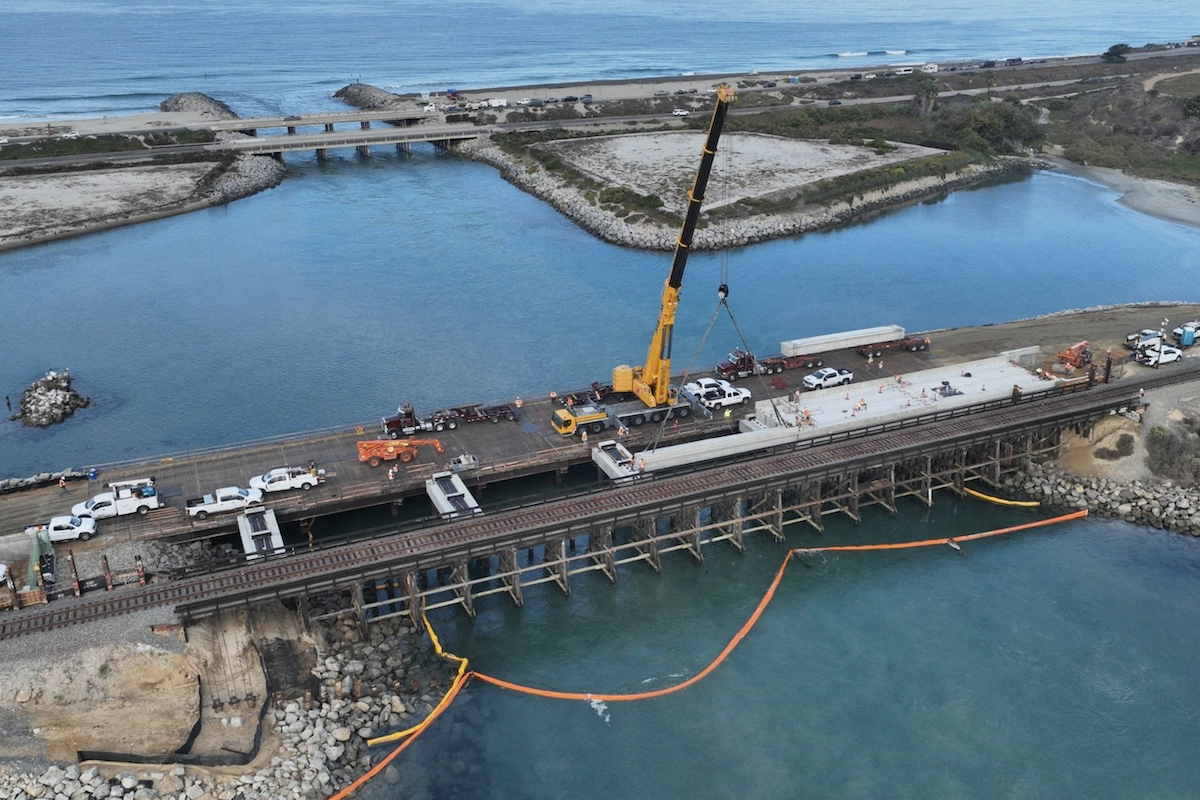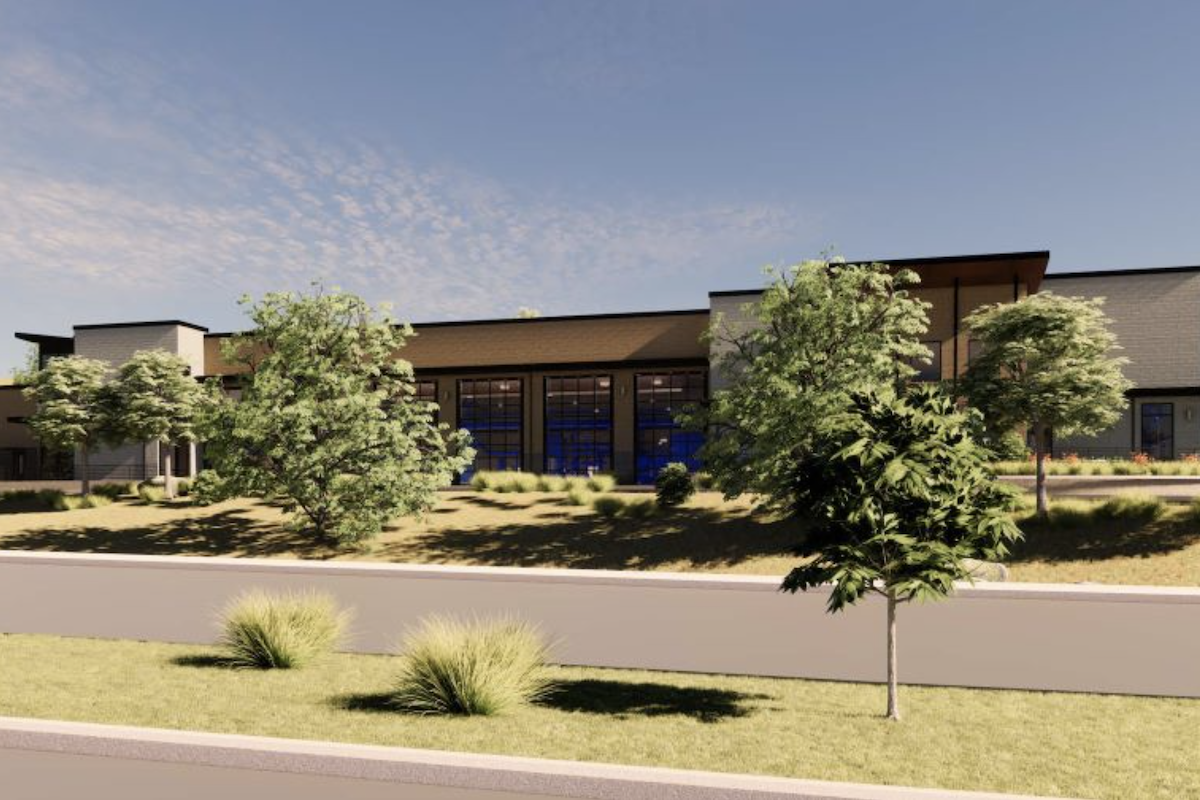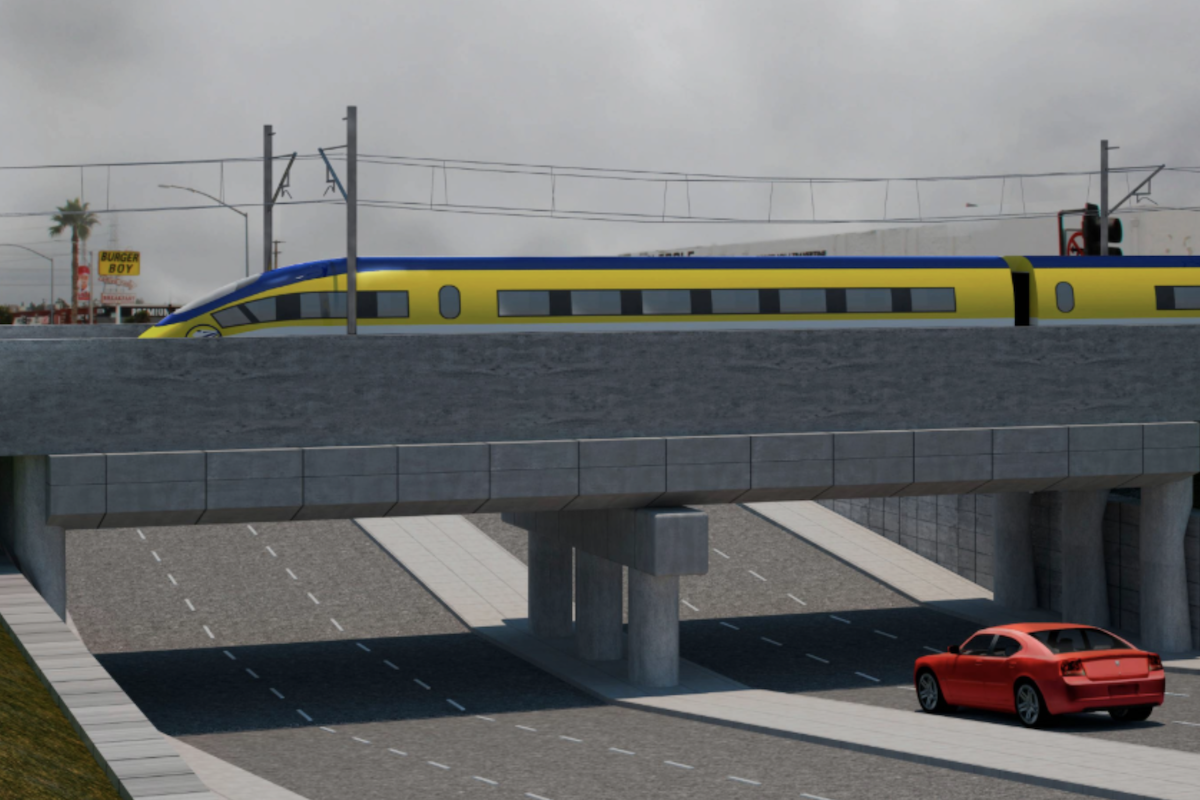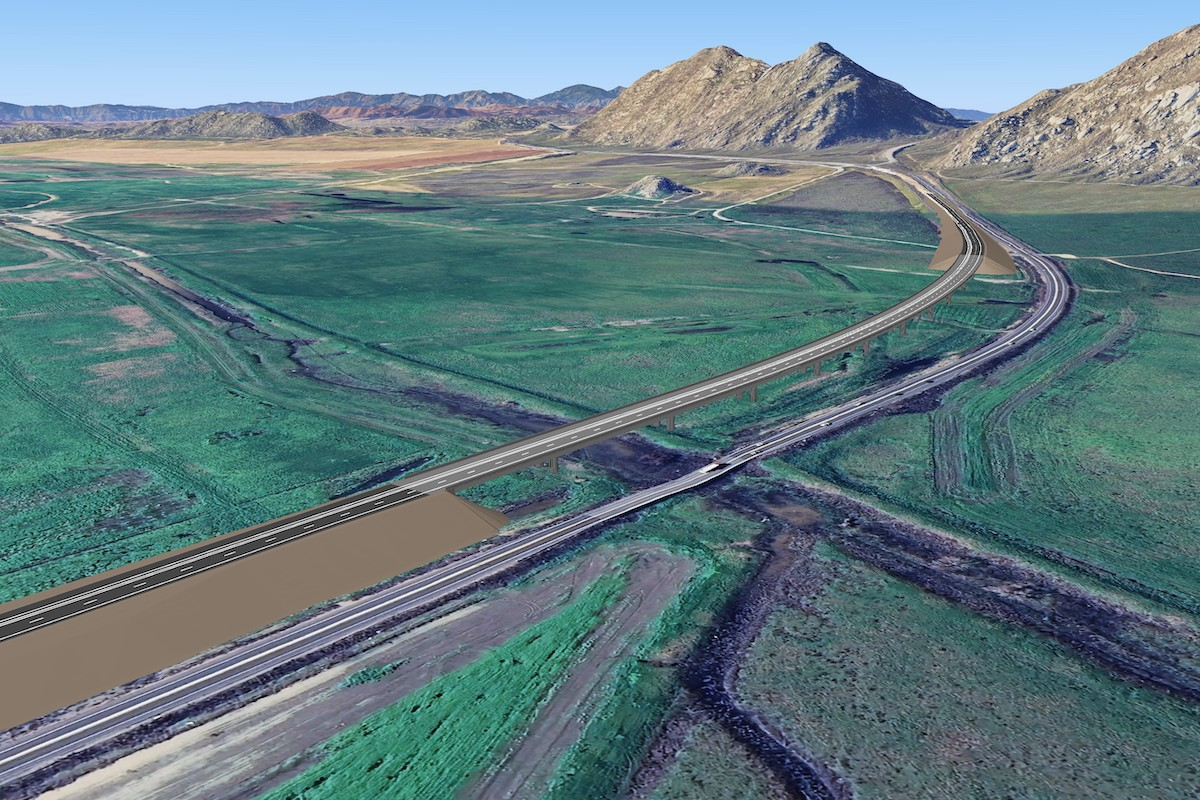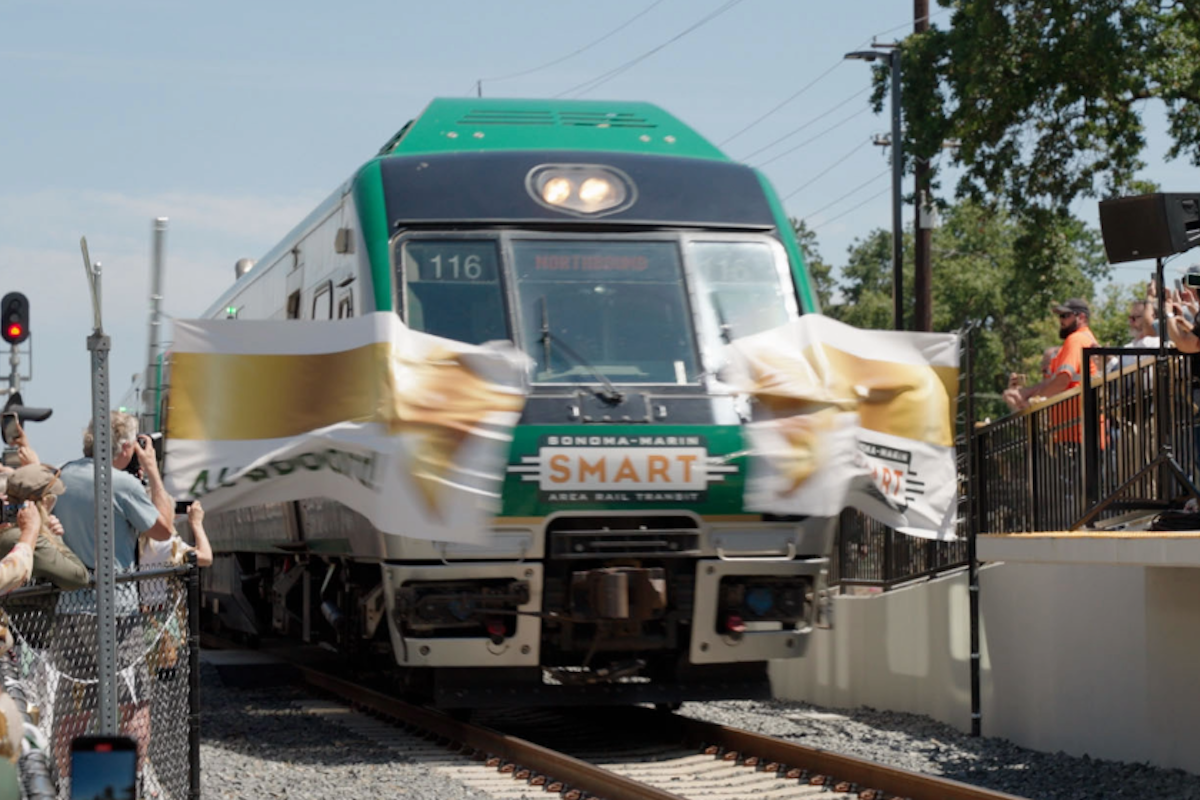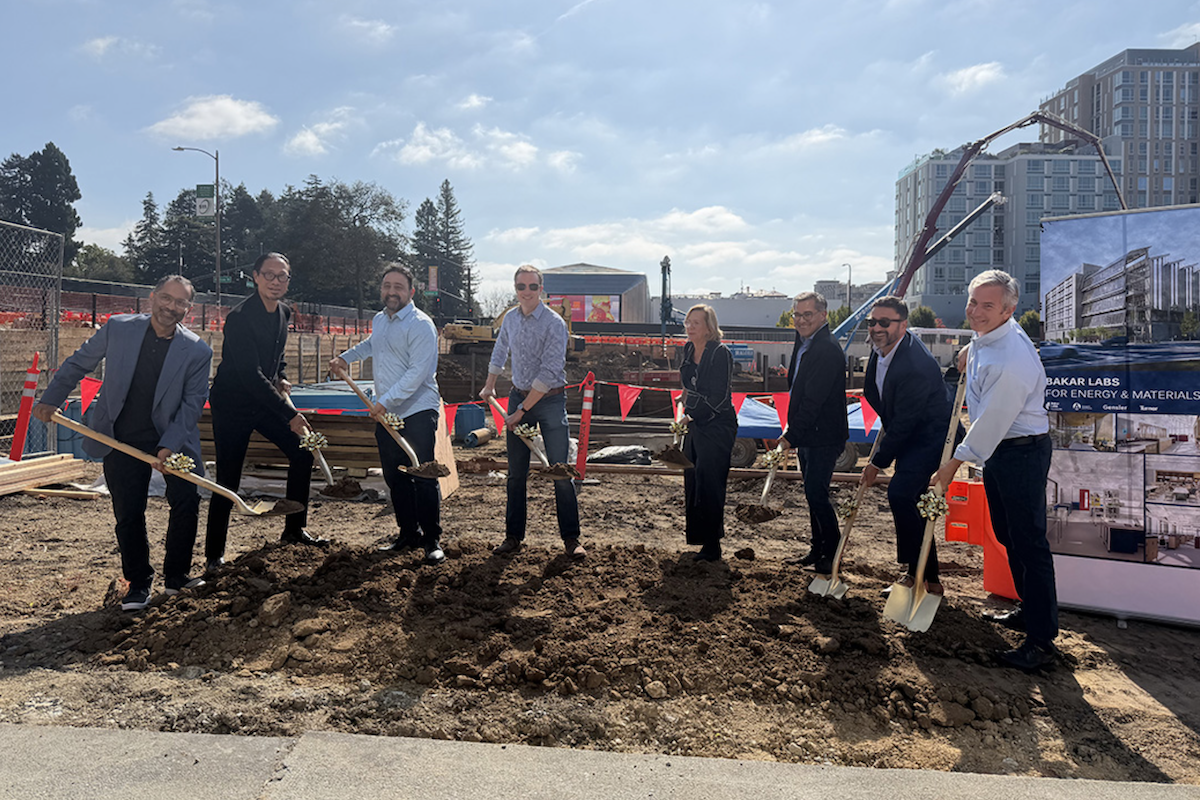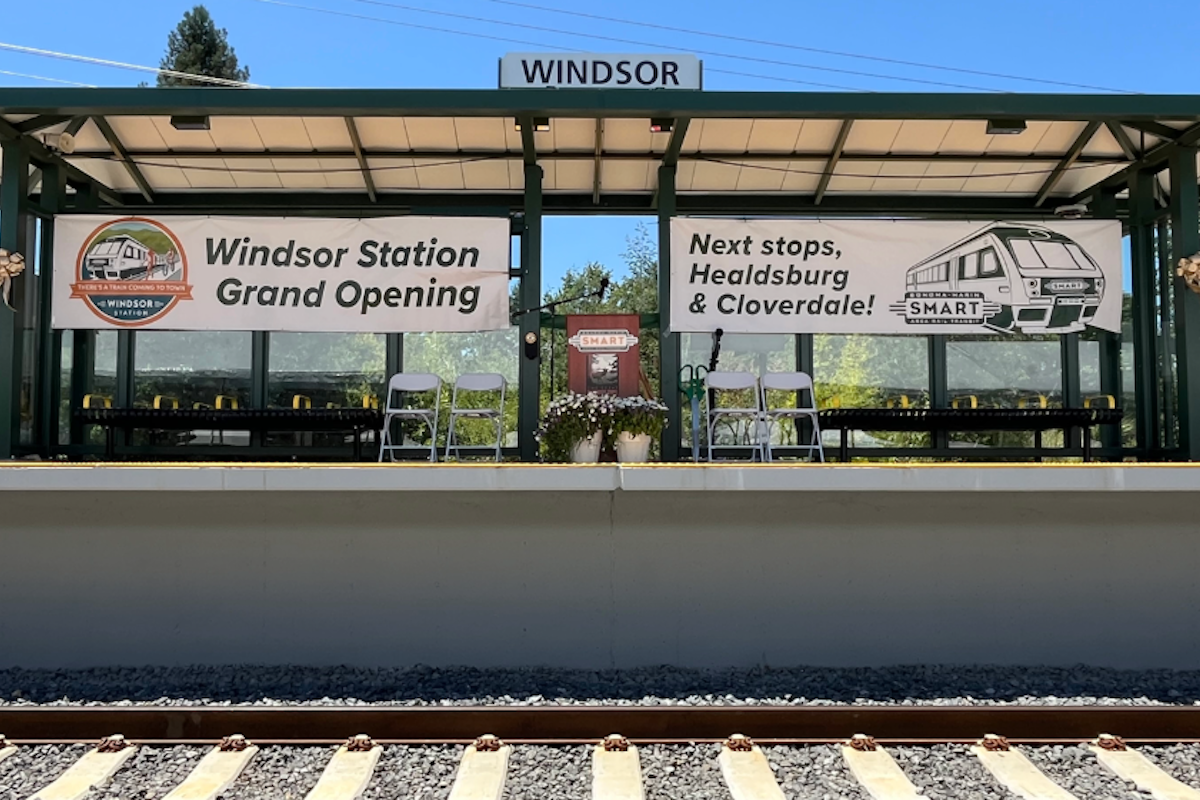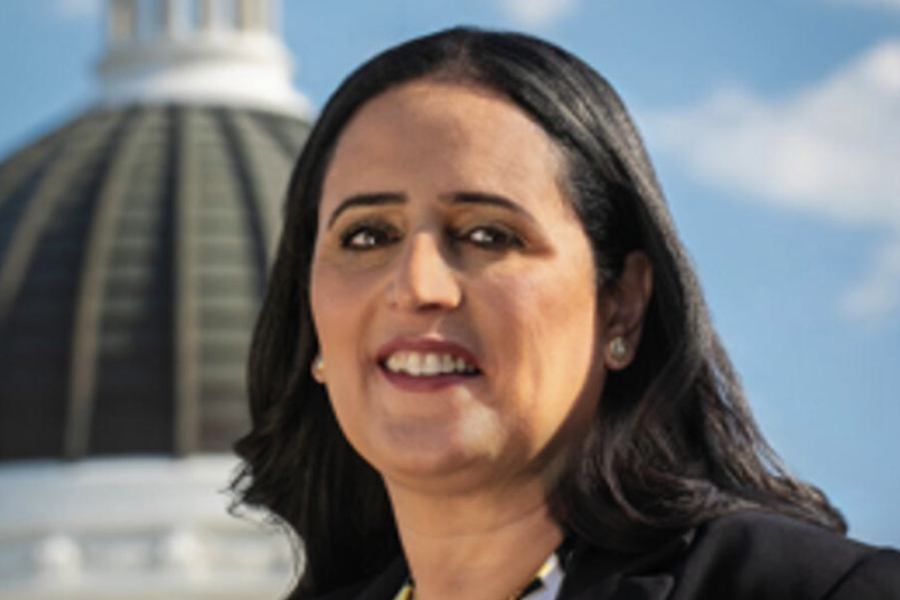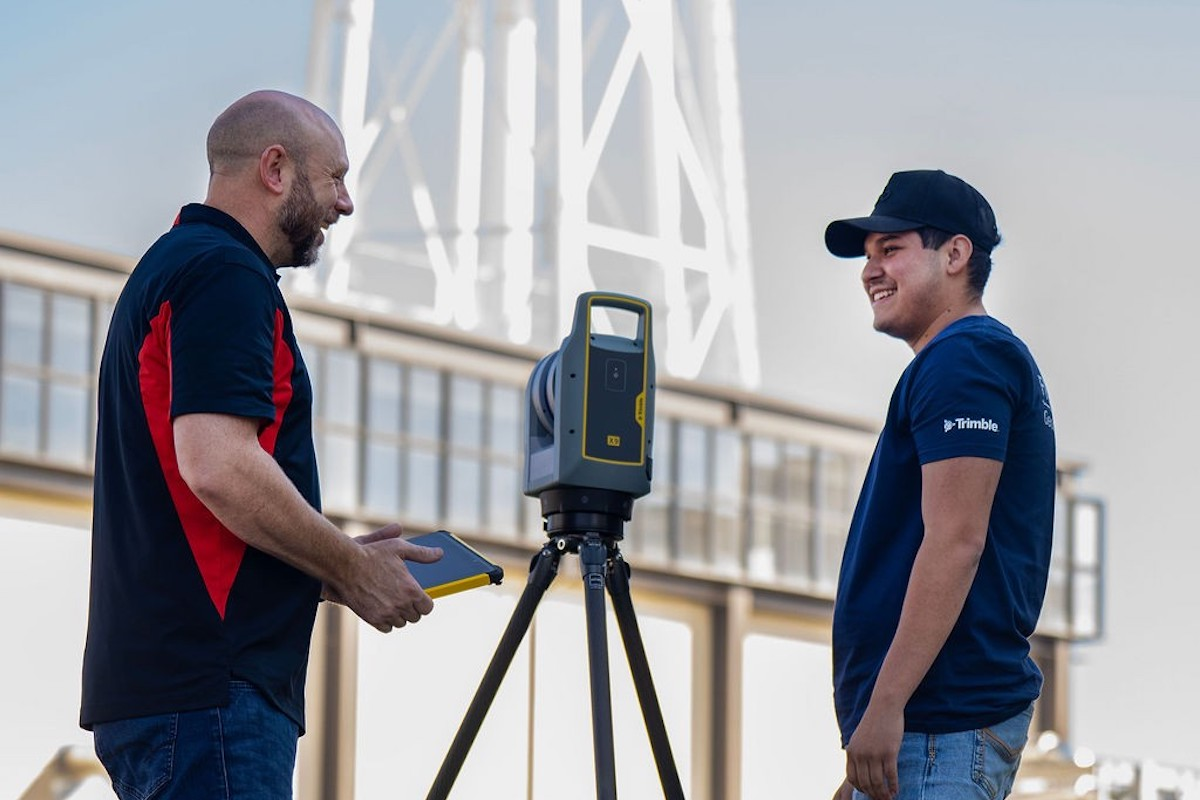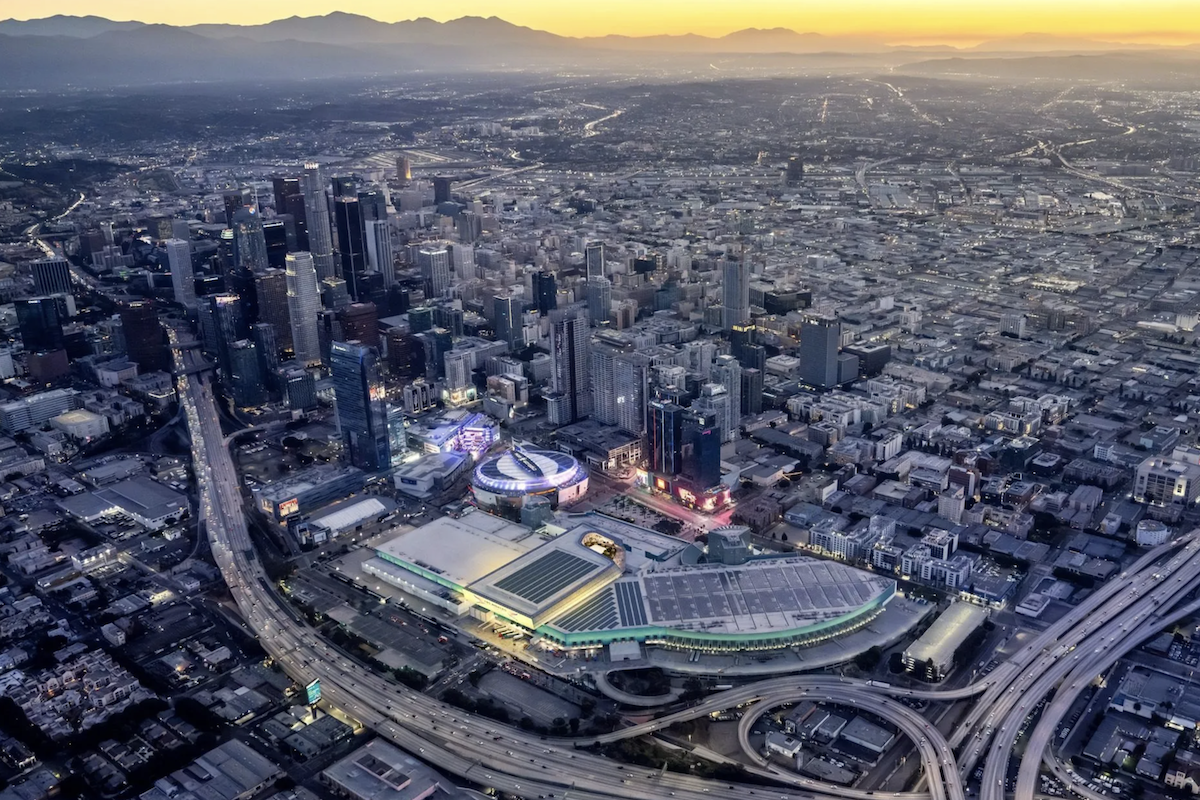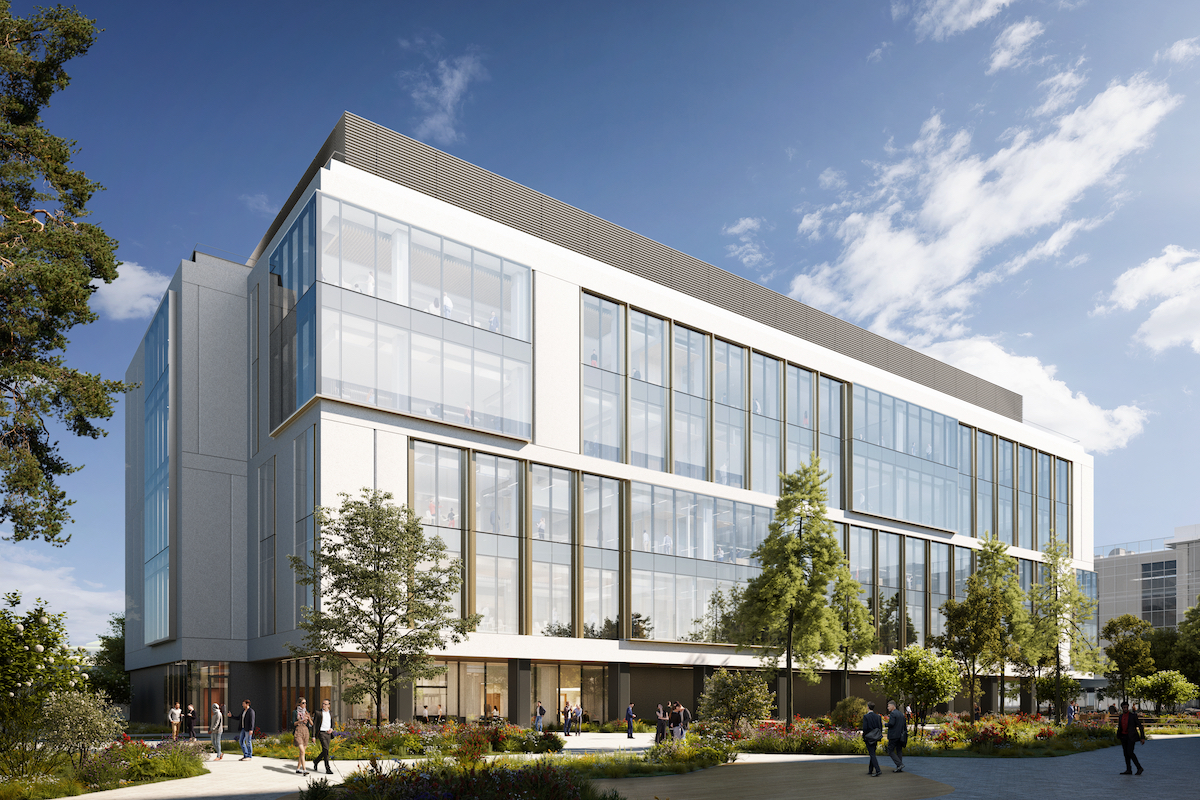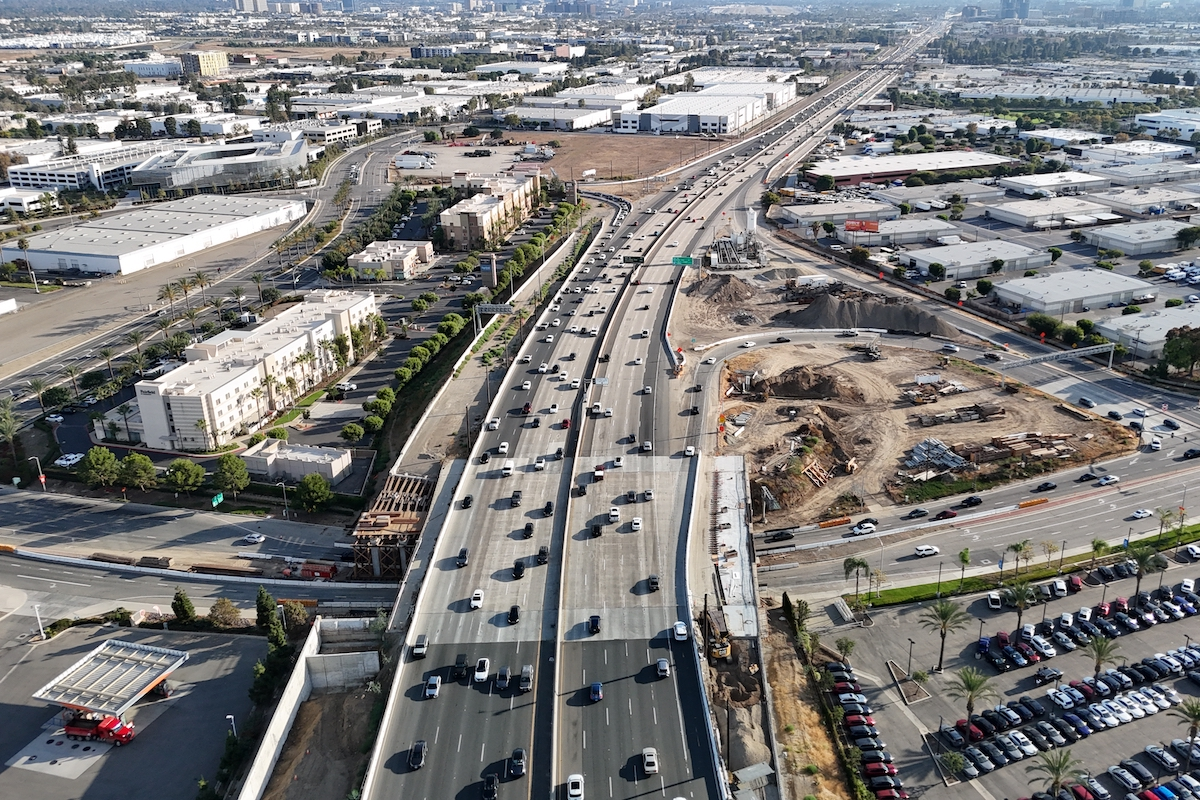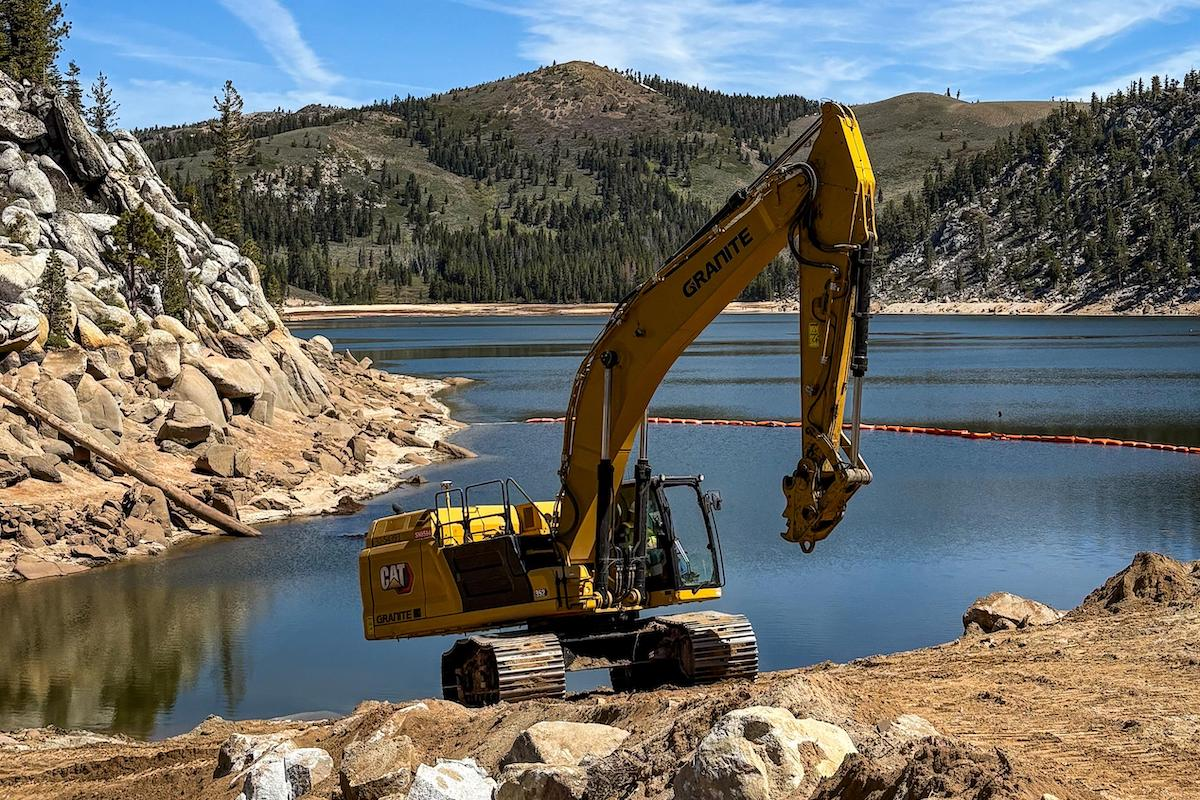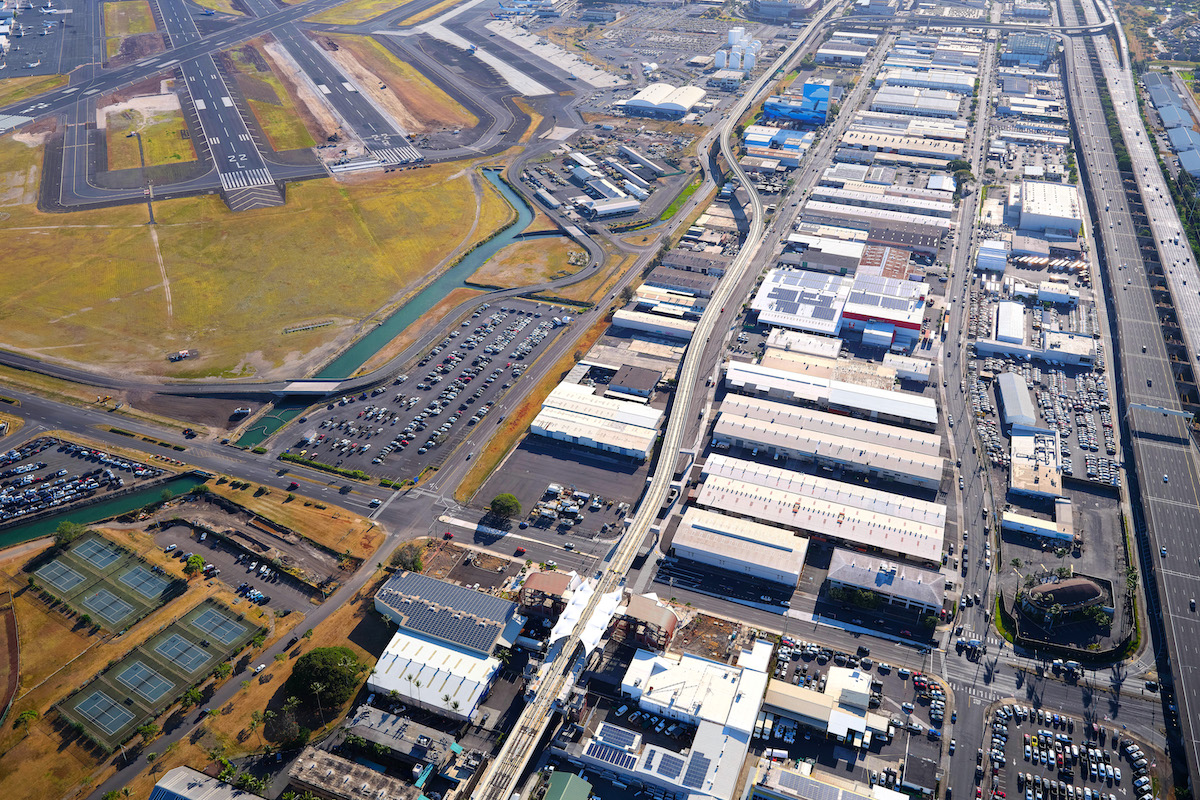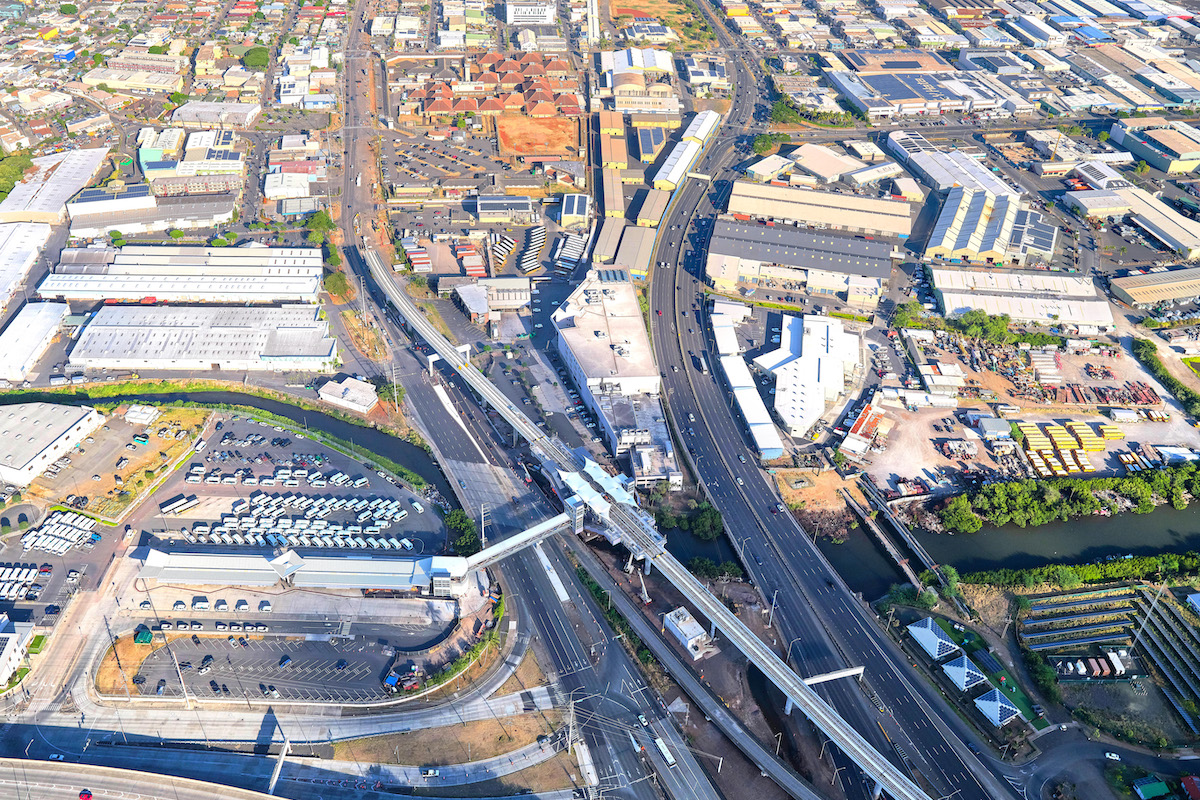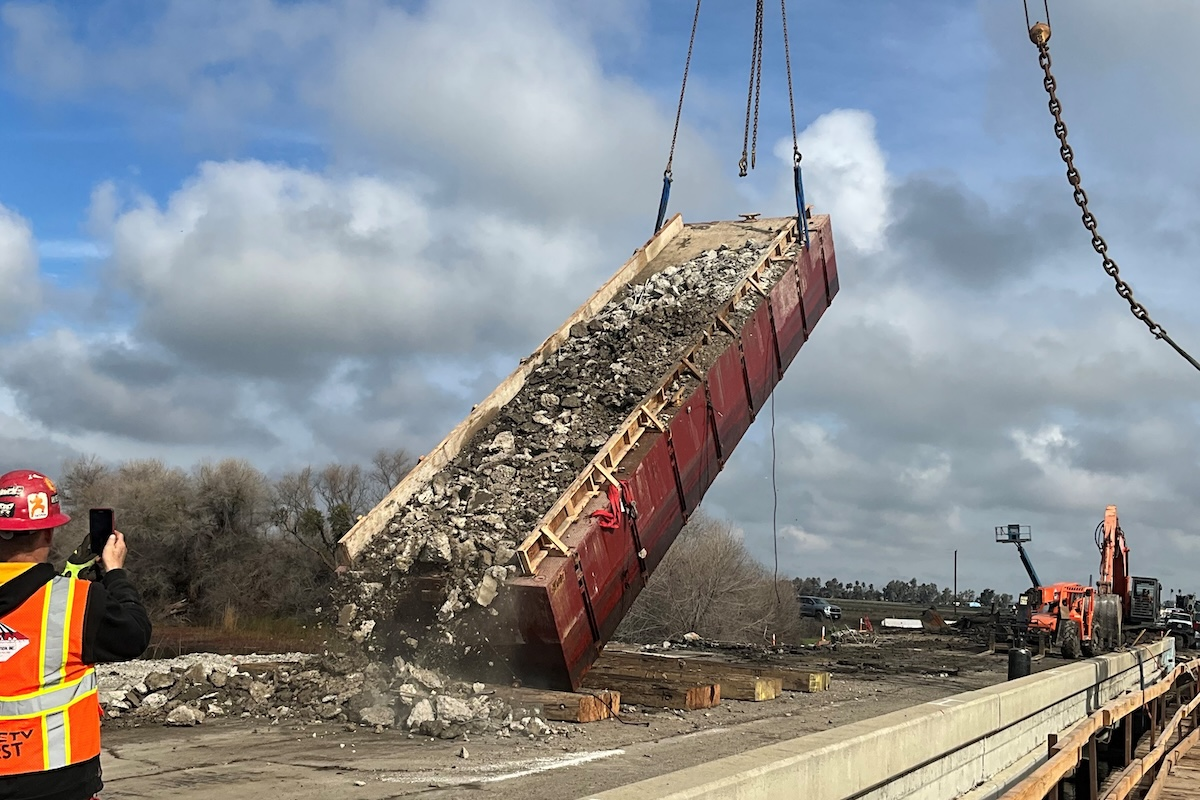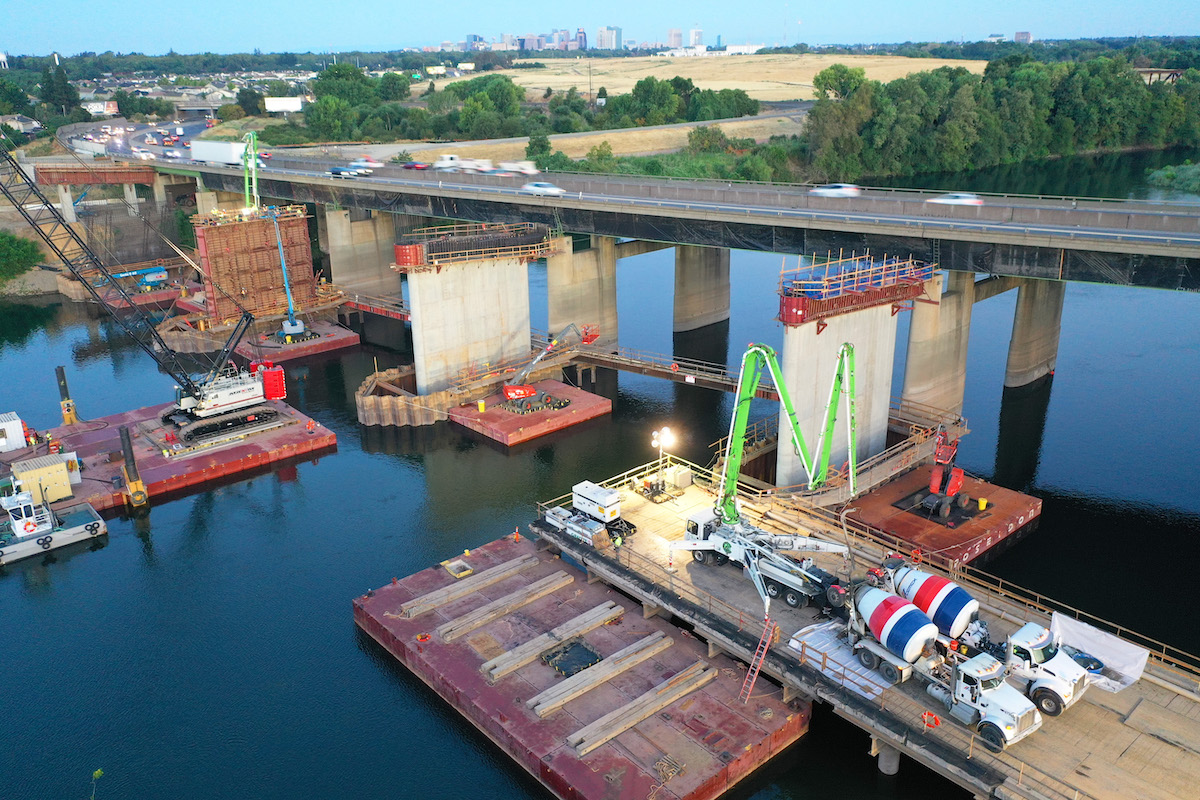The agreement allows California to expedite work on a network of related projects — rather than using a piecemeal approach — that collectively will help grow the economy, protect the environment, facilitate the movement of imports and exports, and bring supply chain processes into the 21st century to create resilience throughout the trade corridors of California and the U.S., including around San Pedro Bay and the Inland Empire.
“California’s ports and infrastructure system is key to the country’s supply chain. Thanks to our collaboration with the Biden-Harris Administration, this innovative federal-state partnership will help us fast-track those projects that will make our ports and infrastructure even more efficient,” Newsom said. “This partnership will help us jumpstart and support multiple infrastructure projects to improve our supply chain, making sure goods get to where they need to go faster, cheaper, and more environmentally-friendly.”
This partnership can help kick-start construction to deliver benefits to the transportation supply chain and U.S. consumers in the future. Projects that could receive support through this agreement include:
- Port-specific upgrades
- Expanding capacity for freight rail
- Developing inland port facilities for increased warehouse storage
- Railyard and truck electrification
- Highway upgrades to improve truck travel times
- Grade-separated crossings to reduce the number of rail-street intersections and improve safety and efficiency
- Land ports of entry to expand trade capacity and cross-border commerce
- Other eligible projects of critical importance identified by CalSTA
Under the Emerging Projects Agreement, the Build America Bureau at USDOT will support the California State Transportation Agency (CalSTA) in developing California infrastructure projects designed to improve the capacity and resiliency of the goods movement chain and will assist project sponsors in exploring innovative financing opportunities for billions in infrastructure investment, in part through the USDOT credit assistance programs Transportation Infrastructure Finance and Innovation Act (TIFIA) and Railroad Rehabilitation and Improvement Financing (RRIF).

| Your local Gomaco dealer |
|---|
| Terry Equipment |
“Our supply chains are being put to the test, with unprecedented consumer demand and pandemic-driven disruptions combining with the results of decades-long underinvestment in our infrastructure. That’s why this administration is working around the clock to address both near-term and long-term challenges to our supply chains, including investments such as those in the bipartisan infrastructure deal,” said U.S. Transportation Secretary Pete Buttigieg. “Today’s announcement marks an innovative partnership with California that will help modernize our infrastructure, confront climate change, speed the movement of goods, and grow our economy.”
Both the State of California and U.S. DOT have made clear that infrastructure projects must be considered based on their potential for strengthening supply chain resilience and in a manner that addresses equity and environmental justice. California’s recently enacted budget includes $250 million for ports, $280 million for infrastructure projects at and around the Port of Oakland, and $1.3 billion over three years for zero-emission trucks, transit buses, and school buses, including the deployment of more than 1,000 zero-emission port drayage trucks.











